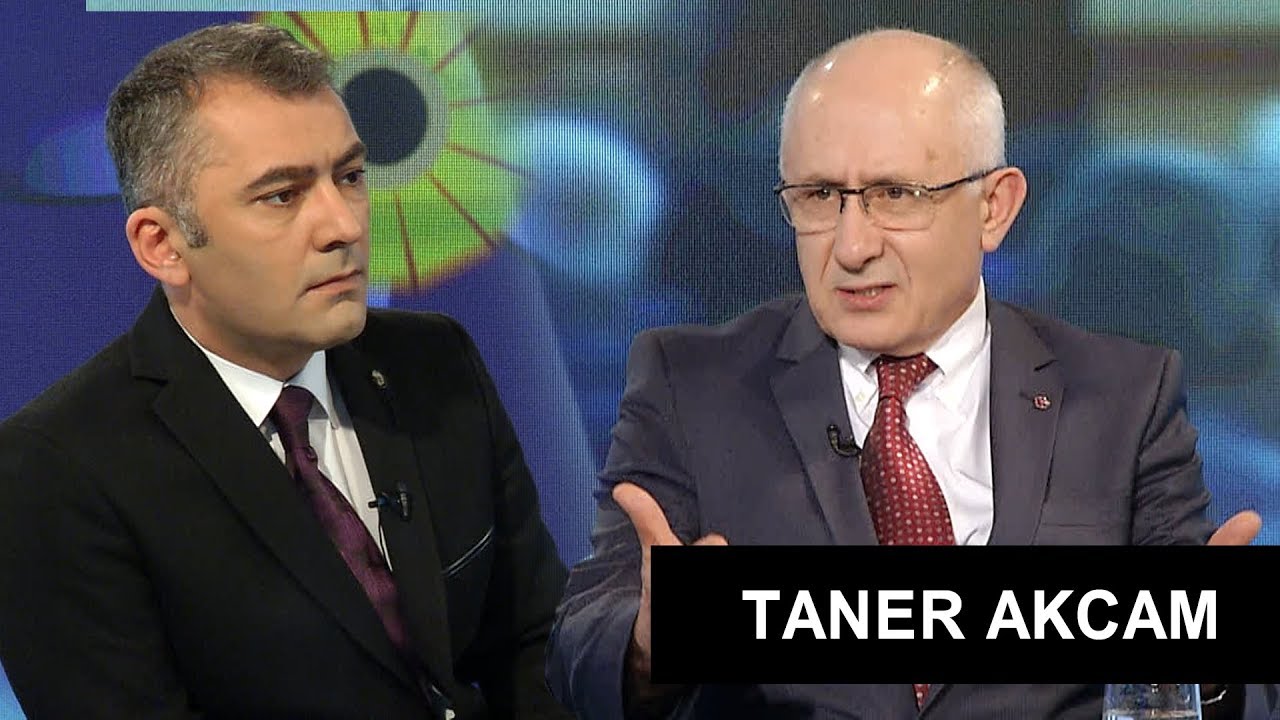For over a century, successive Turkish governments have tried various tricks to deny the veracity of the Armenian Genocide. All of their attempts have miserably failed. Turkey exerted diplomatic pressure around the globe and spent tens of millions of dollars hiring high-priced lobbying firms to deny the undeniable. Contrary to post-war Germany which admitted its guilt in the Holocaust and made amends, the Turkish government, by continuing its denials, is labelled around the world as an unrepentant criminal regime. Turkey would have been better off coming clean by acknowledging and making restitution for the mass crimes of 1915 rather than perpetuating the disgraceful legacy of its barbaric past.
The latest ridiculous Turkish denialist tactic is claiming that Pres. Joe Biden, by acknowledging the Armenian Genocide, “violated four articles of the U.S. Constitution.” If genocide was not a gruesome subject, such an accusation would have been amusing. However, the comedy does not stop there. In an interview with Turkish journalist Ugur Dundar, published in several Turkish media outlets, former Turkish Ambassador to the United States, Sukru Elekdag, suggested that Turkish groups try to impeach Biden after he leaves the White House, even though a president cannot be impeached after he is no longer in office.
Amb. Elekdag is not a constitutional law expert. He studied economics in college and later became a diplomat. He knows nothing about the U.S. Constitution.
When the Turkish journalist asked Elekdag how can Turks sue Biden since he referred to the Ottoman Empire as the perpetrator of the Genocide, not the Republic of Turkey, the Ambassador foolishly pointed out that “there is no ethnicity called Ottoman. Ottoman is the name of a dynasty. Those who founded the Ottoman state are Turks and they are our ancestors and we are their descendants.” So, Elekdag is suggesting that Turks sue Biden for accusing the Ottoman Empire of genocide. However, since Elekdag is associating the Republic of Turkey with the Ottoman Empire, then Turkey is naturally liable for the Ottoman crimes.
Elekdag’s falsely alleged that Pres. Biden violated Article VI, the Fifth Amendment, Article 1 (Section 9), and the 14th Amendment to the US Constitution.
Elekdag suggested that Pres. Erdogan of Turkey announce to the world that “Pres. Biden has committed a crime by violating the U.S. Constitution with his 24 April statements.” This is the most ridiculous part of the whole interview. Pres. Erdogan, who has committed massive crimes against hundreds of thousands of Turkish citizens, is the last person on earth to accuse anyone of committing a crime.
At the end of his interview, Elekdag stated that he had contacted the leaders of the Assembly of Turkish American Associations (ATAA) who told him that they will consider his accusations of Pres. Biden.
Elekdag suggested that an academic research be conducted on “whether or not to impeach and prosecute a former U.S. president” for his “constitutional offenses.” The ATAA is now planning to hold a symposium at an American university “with the participation of historians and lawyers.”
I received a copy of ATAA’s letter to Pres. Biden dated April 18, 2023, telling him that his previous two years’ April 24 statements “disregarded at least four articles and amendments of the U.S. Constitution.” Nevertheless, a week after receiving ATAA’s letter, Pres. Biden once again issued an Armenian Genocide statement on April 24, 2023, ignoring the Turkish warnings. The ATAA told Pres. Biden that his April 24 statements were “motivated solely to gain political popularity among the strong Armenian diaspora.”
At the end of its letter, the ATAA falsely claimed that there was an “initiative by the republics of Türkiye and Armenia to establish a Joint Historical Commission, composed of historians and legal scholars to be selected by Ankara and Erivan.”
I would like to add a few thoughts to this Turkish onslaught of misrepresentations:
I will be greatly pleased if the ATAA takes legal action against Pres. Biden which will result in publicizing worldwide the crime of Genocide committed by Ottoman Turkey. The ATAA’s lawyers will be happy to enrich themselves by getting paid to file such a frivolous lawsuit.
If Elekdag was really a constitutional law expert, why didn’t he sue Pres. Ronald Reagan in 1981 and the U.S. House of Representatives in 1984, when they recognized the Armenian Genocide, while he was Ambassador in Washington, D.C.? Why didn’t the ATAA file lawsuits for the recognition of the Armenian Genocide by the House of Representatives in 1975, the Senate and House of Representatives in 2019, and all 50 U.S. states?
The ATAA can save a lot of money and effort by simply asking Google’s Artificial Intelligence website if Turks can sue Pres. Biden for acknowledging the Armenian Genocide. Here is AI’s answer:
“No, Biden did not violate the Constitution by recognizing the Armenian genocide. The Constitution does not explicitly prohibit the President from making such a declaration, and there is no precedent to suggest that it would be considered unconstitutional…. The Armenian genocide was the systematic extermination of Armenians by the Ottoman Empire during World War I. It is estimated that between 1.5 and 2 million Armenians were killed during the genocide. The Turkish government has long denied that the genocide took place, but there is overwhelming evidence to support the fact that it did. Biden’s recognition of the Armenian genocide was a long-overdue step in acknowledging one of the darkest chapters in human history. It is a powerful statement of America’s commitment to human rights and justice.”




